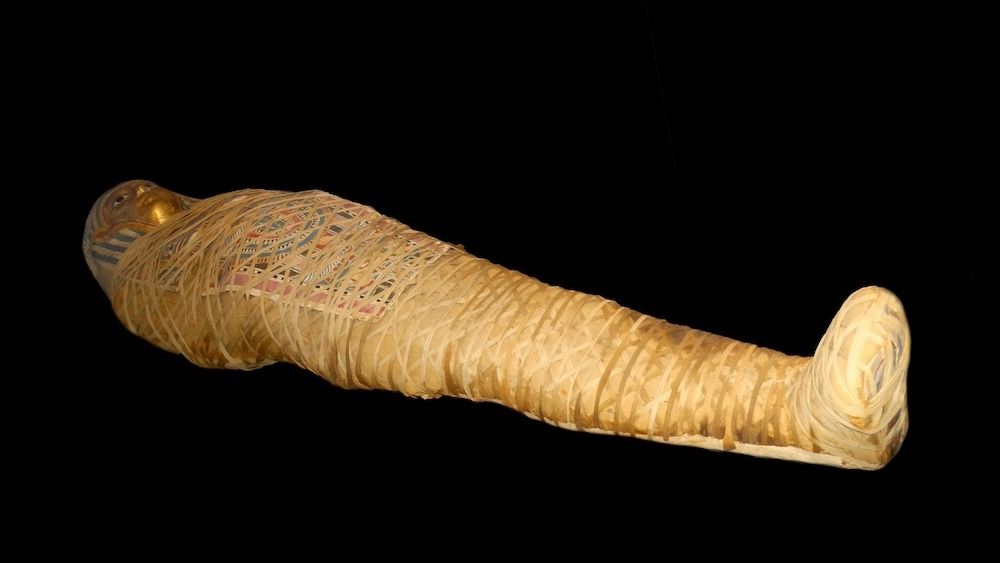This feels like a significant moment in the war in Ukraine, and the timing is telling, coming on the eve of the NATO summit in Washington.
If Vladimir Putin wanted the West’s attention, he most certainly has it now.
Follow latest: Aftermath of deadly strike on children’s hospital
As ever, there are competing narratives about what happened in Kyiv.
Ukraine is adamant Russia was deliberately targeting civilians, a children’s hospital no less.
But Moscow says it did nothing of the sort.
According to Russia’s Ministry of Defence, it successfully targeted “objects of the Ukrainian military-industrial infrastructure”.
In a statement posted on Telegram, Russia blames Kyiv for the destruction that’s prompted so much outrage – asserting, without evidence, that it was caused by a Ukrainian air defence missile.
It also suggests a reason for the apparent act of self-harm – to garner support from NATO.
And it’s this comment that really underlines how there are two wars being waged.
As well as the one on the battlefield, there’s the fight for the information space. The propaganda war.
What is certain is that, today, Russia suddenly stepped up its aerial offensive and I think the timing is no coincidence.
As Western leaders gather in Washington, it feels like the Kremlin is trying to flex its muscles – to show them that it has the upper hand on the battlefield, and that supporting Ukraine is futile.
Read more:
Ukrainian tennis star in tears over strike after Wimbledon win
But that’s not the only thing Russia wants NATO to notice.
Earlier today, India’s prime minister Narendra Modi arrived in Moscow. It’s his first visit to Russia since the start of the Ukraine war and, again, the timing couldn’t be better for the Kremlin.
An ally of the West, India has also become a key trading partner for Russia, buying up its oil on the cheap after Western markets became cut off.
For Vladimir Putin, it offers the perfect visual antidote to a NATO summit, demonstrating that despite the best efforts of the West, Russia’s president isn’t that isolated after all. He still has friends everywhere.
Last week’s surprise visit from Hungary’s Viktor Orban served a similar purpose – an EU and NATO member shaking hands with their arch-enemy.
Together with the offensive in Ukraine, this all feels like another Putin power play, hoping it might prompt his opponents to rethink their strategy.
If that’s the case, part of the calculation may be the shifting geopolitical sands.
Potential political paralysis in France, uncertainty over the US election race – it gives the sense that the tectonic plates are moving, cracks may be appearing, and if there is a weakness to exploit, this might be the time.
























Discussion about this post